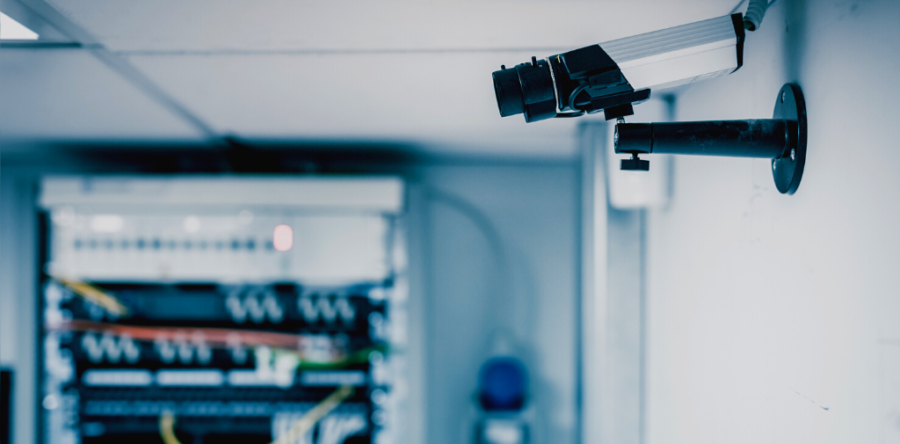Security Sector Report
The economic sector of security
The security economic sector refers to all economic activities related to the protection of goods, services and people. This sector may include private security companies, government security agencies, security technology companies, security equipment manufacturers, information security services, data protection services, among others.
Private security companies provide security services to individuals and companies, such as guarding, asset protection, event security, personal escorts, among others. Government security agencies are in charge of maintaining security in the territory and law enforcement, and may include police, military and intelligence forces.
Security technology companies offer technological solutions to enhance security, such as surveillance and monitoring systems, access control systems, alarm systems, among others. Security equipment manufacturers produce security-enhancing products such as surveillance cameras, information security systems, access control systems, among others.
In summary, the security economic sector is an important sector in terms of protection and security of goods, services and people. It is a sector in constant growth due to the increasing need for security in today's world.
Growth in demand for security services
The demand for security services has experienced significant growth in recent years due to a number of factors, such as:
- Increased crime and insecurity: Increased crime and insecurity in many regions of the world has led to an increased need for security services to protect people and their property.
- Increased security awareness: Individuals and businesses have become aware of the importance of security and the need to protect their assets and confidential information. This has led to increased interest in contracting security services.
- Technological development: Technology has enabled the development of advanced and more effective security systems, such as surveillance systems, access control systems, alarm systems, among others. This has contributed to the growth in demand for security services.
- Globalisation and increased international trade: The growth of international trade has generated a greater need for protection of goods and services, which has increased the demand for security services in the business environment.
- Changes in government regulation: Government regulations in many countries have made the procurement of security services mandatory in certain sectors, leading to an increase in demand for these services.
In general, the growth in demand for security services is due to an increased need for protection and security in an increasingly complex and globalised society.
The return on investment in security
The return on investment in security can vary depending on the type of investment and the purpose of the investment. In general, investment in security can generate long-term benefits, as it can reduce the risk of losses from theft, vandalism, industrial espionage, cyber-attacks, and others. Some factors that can influence the return on security investment are:
- Investment costs: The cost of investment in security can vary depending on the type of solution implemented, such as hiring security personnel, implementing security systems, among others. It is important to evaluate the costs of the investment in relation to the potential benefits and the impact on long-term profitability.
- Loss reduction: Investment in security can help reduce losses from theft, vandalism, industrial espionage, cyber-attacks, among others. If these losses are significantly reduced, there can be a positive impact on the company's profitability.
- Compliance with government regulations: In some cases, government regulations require the implementation of security measures. If the company complies with these regulations, it can avoid fines and penalties, which could improve profitability.
- Reputation protection: Investing in security can also help protect the company's reputation by preventing security incidents that could affect the company's image.
In summary, the return on investment in security depends on a number of factors and may vary depending on the company's investment objective and strategy. It is important to assess the long-term costs and benefits to determine whether a security investment is profitable for the company.
The growth of the security sector
We can point out that the security sector has experienced growth over the last few decades due to an increase in demand for security services from businesses and individuals.
According to a report published by consultancy Frost & Sullivan in 2020, the global security market is expected to grow at a compound annual growth rate of 6.2% between 2019 and 2024. This indicates that the security sector remains a growing market with good prospects for the future.
In any case, it is important to note that the turnover of security companies may vary depending on various factors, such as competition, technological innovation, market demand, among others. Therefore, turnover figures can vary significantly between companies and regions.





